Sustainability Reporting and Assurance Practices of Largest Global Companies Continue to Mature, IFAC, AICPA & CIMA Study Shows
·98% of companies reported some level of detail on sustainability
·69% obtained assurance on at least some of their sustainability disclosures
·The mix of reporting standards used by companies remains fragmented
The largest global companies are providing more detail and breadth in their sustainability reporting, and also are obtaining a greater scope of assurance on those disclosures, according to an updated report from the International Federation of Accountants (IFAC) and AICPA & CIMA. The study, an annual benchmark that now includes 2022 data, also found the use of varying sustainability standards and frameworks continues to make it difficult for investors, lenders, and other stakeholders to find consistent and comparable sustainability information.
While progress is being made, the report, The State of Play: Sustainability Disclosure and Assurance 2019-2022, Trends and Analysis, highlights the need for companies worldwide to move toward a global system of sustainability disclosure requirements. On a positive note, the study found over half of companies use the Sustainability Accounting Standards Board (SASB) Standards and the Task Force on Climate-related Financial Disclosures (TCFD) Framework, which should ease the transition to the International Sustainability Standards Board (ISSB) standards, which were released last year.
“While we’re moving toward commonly accepted global standards, some 87% of companies continued to use a mix of standards and frameworks for reporting,” said David Madon, IFAC’s director of sustainability, policy and regulatory affairs. “That leaves investors and lenders in a bind when it comes to having consistent, comparable and high-quality sustainability information at hand.”
Among the highlights of the updated study:
·Almost all companies (98%) report some information on sustainability. That’s an increase from 91% in 2019, when IFAC and AICPA & CIMA first began conducting research in this area.
·Use of standalone sustainability reports has declined by 27 percentage points in the past three years. Only 30% of companies used a standalone sustainability report in 2022, reflecting the growing inclusion of that information in companies’ annual or integrated reports.
·69% of companies obtained assurance on at least some of their sustainability disclosures, up five percentage points from last year and 18 percentage points from 2019. The scope of assurance areas also expanded, yet still remains limited in general.
·Accountancy firms (as opposed to consultants or other service providers) handled 58% of the assurance engagements related to sustainability in 2022, a percentage point better than the previous year. Some markets, notably the United States, fall well below 50%.
“When companies use accounting firms for sustainability assurance, they’re more likely to choose the same firm they use to audit their financial statements,” said Sue Coffey, AICPA & CIMA’s Chief Executive Officer – Public Accounting. “Because the level of confidence with and reliability on sustainability disclosure should be the same as financial information, we expect more companies will recognize that accounting firms are best suited for this critical work. We think this is a likely driver behind the increase from 16% to 23% for U.S. accounting firms performing this work.”
About the Study
IFAC and AICPA &CIMA partnered to understand the environmental, social, and governance (ESG) reporting and assurance practices on a global basis by capturing reports containing ESG information in 22 jurisdictions. Some 1,400 companies were reviewed—100 from each of the largest six economies, with 50 companies reviewed in the remaining 16 jurisdictions. The current report includes data from 2019-2022. Full methodology is available in the study.
About the Association of International Certified Professional Accountants, and AICPA & CIMA
The Association of International Certified Professional Accountants (the Association), representing AICPA & CIMA, advances the global accounting and finance profession through its work on behalf of 698,000 AICPA and CIMA members, students and engaged professionals in 188 countries and territories. Together, we are the worldwide leader on public and management accounting issues through advocacy, support for the CPA license and specialized credentials, professional education and thought leadership. We build trust by empowering our members and engaged professionals with the knowledge and opportunities to be leaders in broadening prosperity for a more inclusive, sustainable and resilient future.
The American Institute of CPAs (AICPA), the world’s largest member association representing the CPA profession, sets ethical standards for its members and U.S. auditing standards for private companies, not-for-profit organizations, and federal, state and local governments. It also develops and grades the Uniform CPA Examination and builds the pipeline of future talent for the public accounting profession.
The Chartered Institute of Management Accountants (CIMA) is the world’s leading and largest professional body of management accountants. CIMA works closely with employers and sponsors leading-edge research, constantly updating its professional qualification and professional experience requirements to ensure it remains the employer’s choice when recruiting financially trained business leaders.
About the International Federation of Accountants
IFAC is the global organization for the accountancy profession dedicated to serving the public interest by strengthening the profession and contributing to the development of strong international economies. IFAC is comprised of 180 members and associates in more than 135 jurisdictions, representing millions of professional accountants in public practice, education, government service, industry, and commerce.






















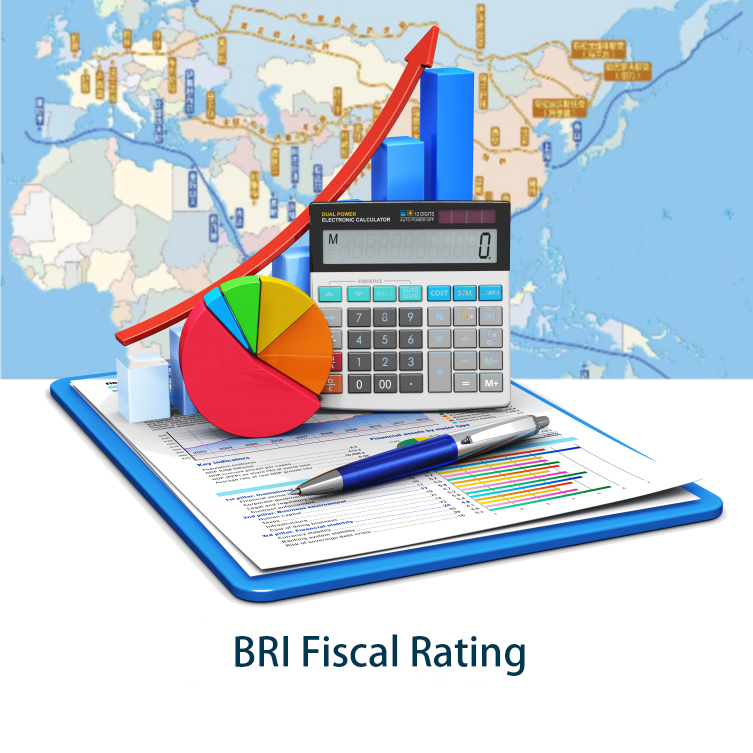
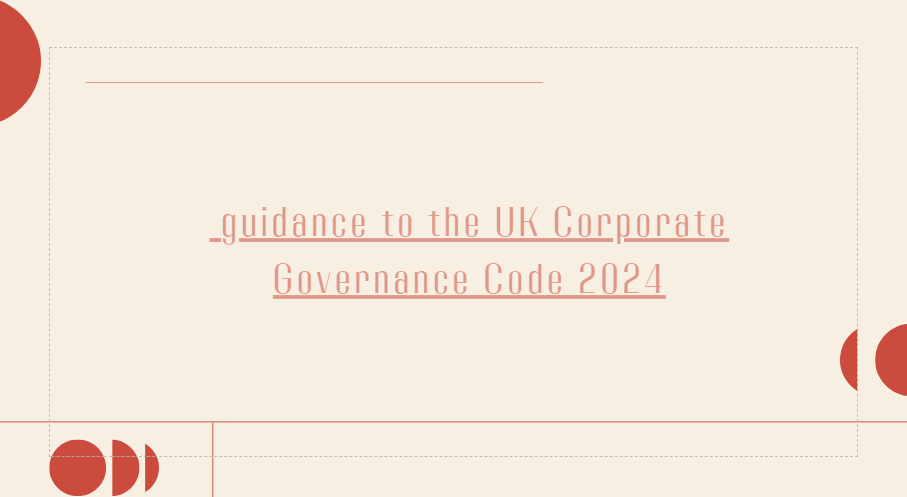
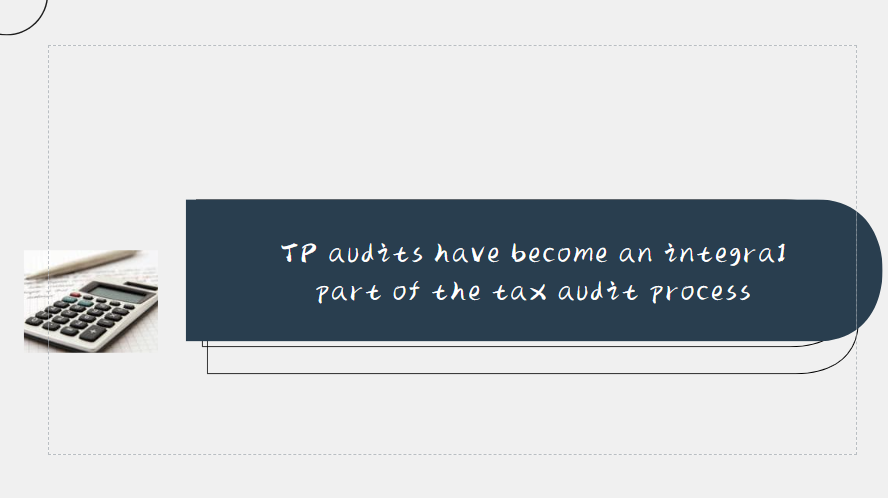
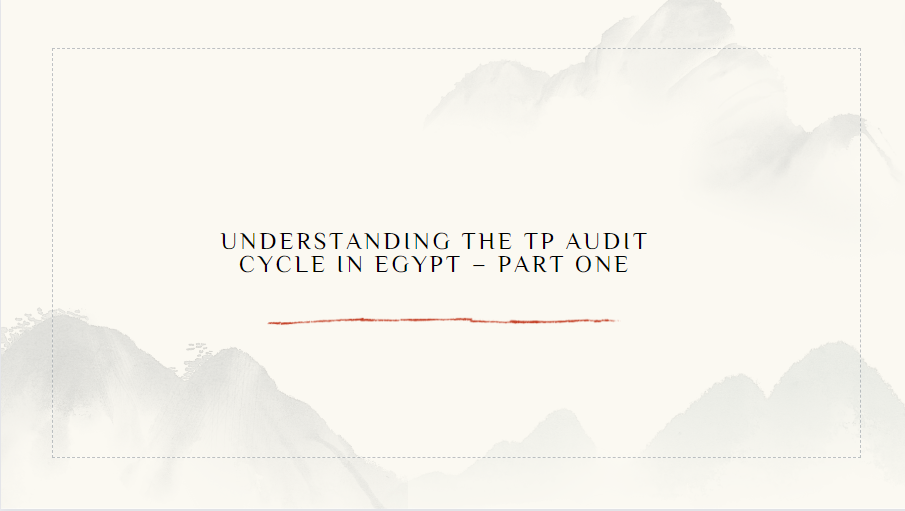
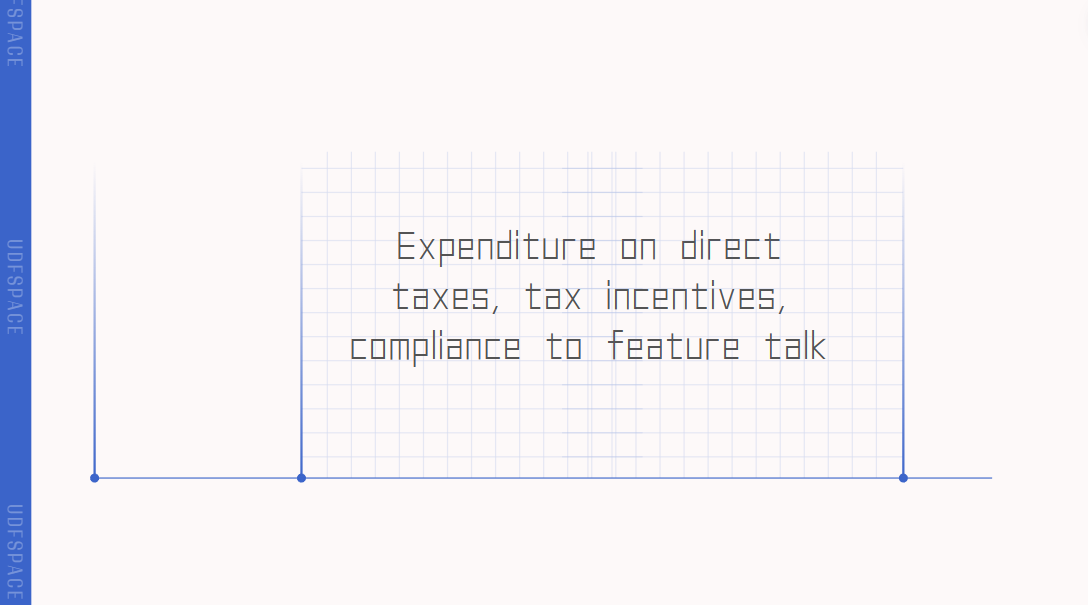




























First, please LoginComment After ~